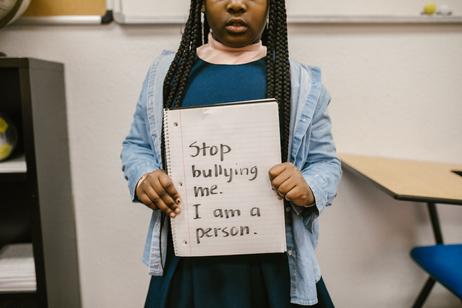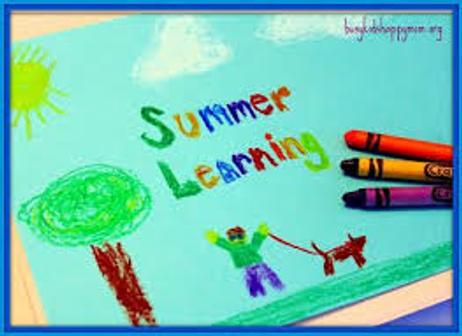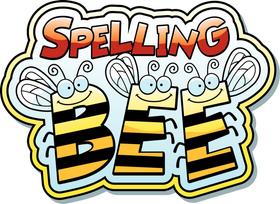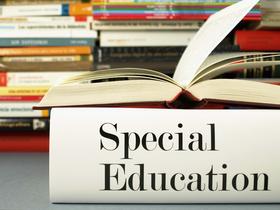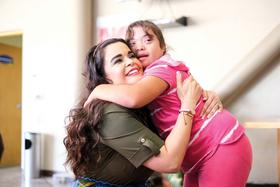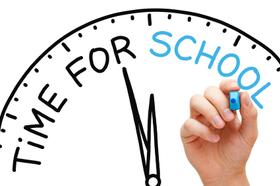One, two, three, four - give your algebra class a hip-hop beat score!
Researchers have been studying the link between music and learning for decades, and recent research suggests that listening to music enhances the brain's ability to absorb new information. According to the Education Portal, a Stanford University School of Medicine study showed that listening to music can help the brain focus and organize information more efficiently.
This news isn't new for millions of students who enjoy listening to their favorite tunes during study sessions. However, for many schools that are now incorporating music into their curriculum, the study supports their efforts to improve students' learning ability with musical selections.
In this TEDx Talk, Edmund Adjapong discusses Transforming Urban Education Through HipHop Pedagogy.
What is Hip Hop?
Hip-hop has become the genre of choice for many schools looking to add music to their basic curriculum and test preparation. Hip Hop, according to Wise Geek, is a cultural movement that originated in the Bronx in the 1970s and quickly spread throughout the African-American and Latin-American cultures in New York City. More recently, hip hop has become a worldwide craze but has particularly spread in popularity throughout the United States.
Hip-hop incorporates four basic elements: DJing, rapping, break dancing, and graffiti art. The music consists of various components, including rapping, sampling, beatboxing, and juggling various beats on old-fashioned turntables. The musical




